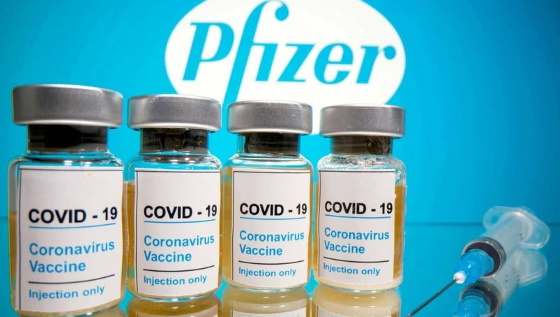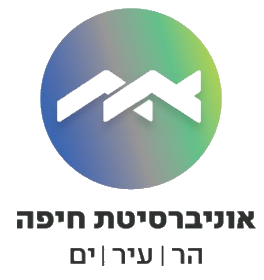
The Law, Technology and Cyber Clinic, together with partners wrote a study concerning models of mitigating the chains of infection using contact tracing technologies (CTT).
The two-pronged approach adopted by the Israeli government for CTT entailed the implementation of mandatory mass-surveillance of mobile phone locations operated by the General Security Service (GSS), and a voluntary, open-source contact tracing application called Ha’Magen.
The main difference between the two paths is the degree of privacy invasion.
While the GSS surveillance is mandatory in the sense that it invades the privacy of all people who use cellphones in Israel without their consent, the Ha’Magen application is voluntary, since the user has to agree to its terms of use before it is activated, and it is based on principles of privacy-by-design.
Since the coinciding technologies encapsulate a contradicting rationale for contact tracing, the project studies the privacy ramifications of each prong, and what are the privacy perceptions of Israelis in relation to both.
The project surveyed 312 Israelis in June 2020, and sought to understand: What are the privacy perceptions of the respondents; What are the reasons that led Israelis to not install/uninstall the Ha’Magen Application, and are they related to privacy? What parameters may lead to a high level of public endorsement of voluntary monitoring applications?
the Faculty of Law Legal Clinics Newletter
Contact us for any issue: legalclinics@univ.haifa.ac.il

